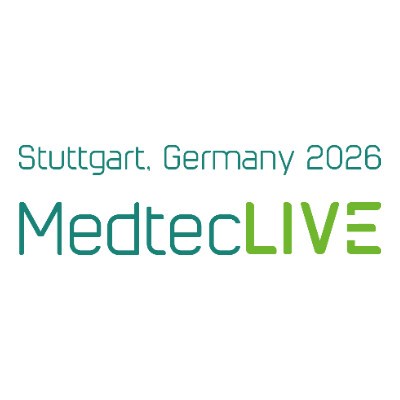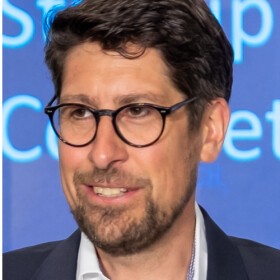Interview: ‘The enthusiasm for innovation in medical technology remains unbroken’
What conditions do founders currently find in the medtech sector? We talked about this with Kurt Höller, Managing Director of EIT Health Germany-Switzerland since 2023. As Director of Business Creation and InvestHealth, he has supported over 1,000 start-ups in raising 3 billion euros.
Mr Höller, what is the mood in the start-up scene?
Kurt Höller: The mood is currently mixed, but predominantly optimistic. Despite the hurdles posed by strict regulations and the high barriers to market entry in Europe, the enthusiasm for innovation in medical technology remains unbroken. Start-ups are aware of the potential positive impact of their technologies on the healthcare system and are motivated to develop solutions to existing problems.
In addition, many founders are inspired by rapid technological progress and the availability of new tools such as artificial intelligence, big data and personalised medicine. These technologies open up new opportunities to improve patient care and tackle existing challenges in the healthcare sector. There is also growing support from funding programmes, incubators and networks that provide founders with access to resources, mentors and investors.
The medical technology sector in Europe is in difficult waters, also in view of the high authorisation hurdles. What motivates company founders to take the plunge into self-employment anyway?
Kurt Höller: There are several factors. Firstly, there is often a strong personal drive to improve the healthcare system through innovative technologies and solutions. Many founders have personal or professional experiences that inspire them to tackle specific problems.
Secondly, there is a robust network of funding programmes, incubators and accelerators in Europe that support start-ups. Organisations such as EIT Health offer not only financial support, but also access to mentors and networks, providing founders with valuable resources. Another motivating factor is the European Health Data Space (EHDS) initiative, which enables better utilisation of health data in research and innovation. This creates a promising basis for new developments and applications in medical technology.
Is there a sub-sector of medical technology in which you currently recognise particularly high potential for start-ups?
Kurt Höller: One area with great potential is digital health, particularly telemedicine and mobile health solutions. The demand for such technologies has risen sharply as a result of the pandemic, and they offer a wide range of opportunities to improve patient care and cost efficiency.
Another promising area is personalised medicine, including genomics and AI-driven diagnostic tools. These technologies enable customised treatments and significantly improve the precision of medical diagnostics. We also see exciting solutions in robotics, particularly in surgery and rehabilitation, whose development may be cost-intensive but which could nevertheless revolutionise medical practice.
Company founders start with enthusiasm and expertise. How many manage to survive the often long dry spell until their products and services go on sale? And how many are able to establish themselves on the market in the long term?
Kurt Höller: The chances of success for medtech start-ups have improved in recent years thanks to a variety of support mechanisms and a growing innovation ecosystem. While the early phase up to market entry remains challenging, estimates show that around 20 to 30 per cent of medtech start-ups successfully overcome these hurdles.
Successful companies are often characterised by a clear vision, strong partnerships and the ability to respond flexibly to market changes. Support programmes and networks that provide advice and resources also play a crucial role in long-term success.
With the right support and a clear vision, start-ups can not only overcome the lean period before market entry, but also successfully establish themselves on the market in the long term and make an important contribution to improving healthcare for all.
Mr Höller, thank you very much for the interview!
About the person
Dr Kurt Höller has been Managing Director of EIT Health Germany-Switzerland since September 2023. Prior to that, from 2012 to 2015, he played a key role in the InnoLife consortium as the forerunner of EIT Health and the founding of the German EIT Health Co-Location Centre. From 2015, he shaped EIT Health's startup programmes as Director of Business Creation and InvestHealth. Before joining EIT Health, he was the founding director of the Central Institute for Medical Technology (ZIMT) at FAU Erlangen-Nuremberg. Höller himself is co-founder of several successful companies.



